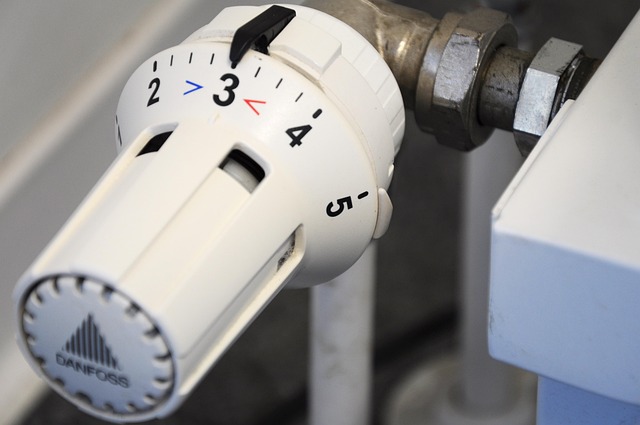3 Congestive Heart Failure Signs That Often Go Unnoticed
Congestive heart failure is a serious condition that affects millions of people worldwide. While some symptoms are well-known, others can be subtle and easily overlooked. Recognizing these signs early can lead to prompt treatment and improved outcomes. This article explores three often-unnoticed signs of congestive heart failure and provides insights into when to seek medical attention.

What Exactly is Congestive Heart Failure?
Congestive heart failure occurs when the heart muscle weakens and loses its ability to pump blood efficiently throughout the body. This condition can result from various factors, including coronary artery disease, high blood pressure, or previous heart attacks. As the heart struggles to meet the body’s demands, fluid begins to accumulate in different areas, leading to congestion and a range of symptoms. Understanding the nature of congestive heart failure is crucial for recognizing its early signs and seeking appropriate medical care.
What Are the Three Commonly Overlooked Signs of Heart Failure?
While shortness of breath and fatigue are well-known symptoms of heart failure, there are three less obvious signs that often go unnoticed:
-
Persistent cough or wheezing: A chronic, dry cough or wheezing that doesn’t seem to improve with typical treatments could be a sign of fluid buildup in the lungs due to heart failure.
-
Sudden weight gain: Rapid weight gain, particularly over a few days, may indicate fluid retention caused by the heart’s inability to pump effectively.
-
Swelling in the lower extremities: Edema, or swelling in the ankles, feet, and legs, can be a result of fluid accumulation due to poor circulation.
These symptoms may seem unrelated to heart issues, which is why they are frequently overlooked or attributed to other causes.
Women’s Symptoms Often Differ
It’s important to note that women may experience heart failure symptoms differently than men. Women are more likely to report:
-
Unexplained fatigue and weakness
-
Difficulty sleeping or insomnia
-
Abdominal bloating or loss of appetite
These gender-specific differences in symptom presentation can lead to delayed diagnosis and treatment for women. Awareness of these variations is crucial for both patients and healthcare providers to ensure timely intervention.
When Should You Visit a Doctor for These Symptoms?
If you experience any of the aforementioned symptoms, particularly if they persist or worsen over time, it’s essential to consult a healthcare professional. Seek immediate medical attention if you notice:
-
Sudden, severe shortness of breath
-
Chest pain or pressure
-
Fainting or severe weakness
-
Rapid or irregular heartbeat
Early intervention can significantly improve outcomes and quality of life for individuals with congestive heart failure. Don’t hesitate to reach out to your healthcare provider if you have concerns about your heart health.
Understanding Treatment
Treatment for congestive heart failure aims to improve the heart’s function, alleviate symptoms, and enhance overall quality of life. The approach typically involves a combination of lifestyle changes, medications, and in some cases, surgical interventions. Common treatment strategies include:
-
Medications: ACE inhibitors, beta-blockers, and diuretics are often prescribed to improve heart function and reduce fluid retention.
-
Lifestyle modifications: Adopting a heart-healthy diet, regular exercise, and stress management techniques can significantly impact the progression of heart failure.
-
Monitoring and follow-up: Regular check-ups and self-monitoring of symptoms are crucial for managing the condition effectively.
-
Advanced therapies: In severe cases, procedures such as implantable cardioverter-defibrillators (ICDs) or heart transplants may be considered.
Understanding the available treatment options and working closely with a healthcare team can help individuals with congestive heart failure lead fuller, more active lives.
Recognizing the subtle signs of congestive heart failure is crucial for early diagnosis and effective management. By staying aware of the three commonly overlooked symptoms – persistent cough or wheezing, sudden weight gain, and lower extremity swelling – individuals can take proactive steps towards protecting their heart health. Remember that women may experience different symptoms, and prompt medical attention is essential if any concerning signs arise. With proper understanding, vigilance, and timely intervention, the impact of congestive heart failure can be minimized, leading to improved outcomes and quality of life.
This article is for informational purposes only and should not be considered medical advice. Please consult a qualified healthcare professional for personalized guidance and treatment.




